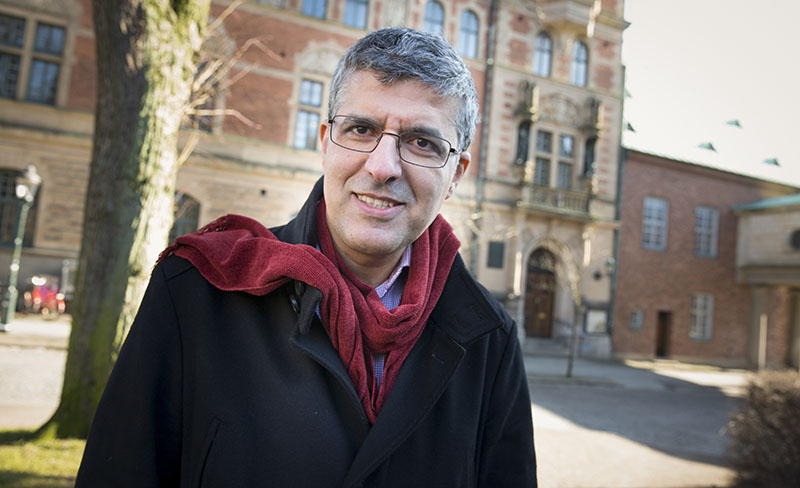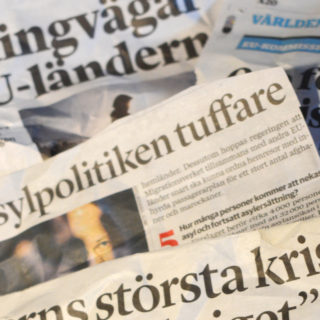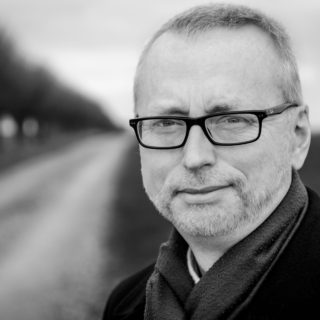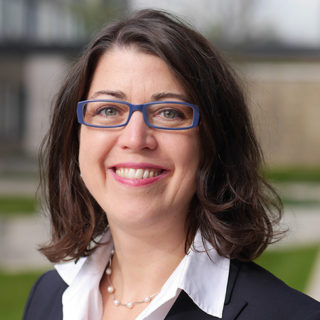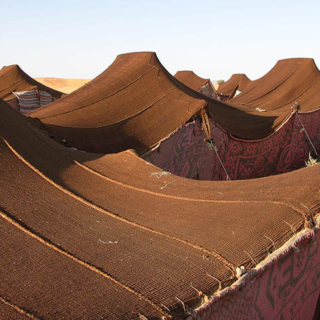Researchers in exile meet Lund researchers in visionary workshops
As soon as the weapons are silent in Syria, people will start to rebuild their lives and their country. Tareq Emtairah, associate professor at IIIEE, is strongly convinced of this, which is why he and his colleagues have started visionary workshops where exiled researchers can meet with Lund University researchers to draw up plans for a sustainable future.
LUND UNIVERSITY’s International Institute for Industrial Environmental Economics and its Centre for Middle Eastern Studies already launched the idea to interested departments at a workshop in February.
“From the perspective of the University and the researchers, we have the luxury and the opportunity to look beyond the actual crisis to the future and to think long-term. This is why this project is so important”, says Tareq emphatically. “Getting exiled researchers involved enables us to offer them a forum in which to think freely about how best to build a future.”
The vision workshops will attract refugees from all over Sweden, primarily Syrian researchers. But the concept is even more ambitious.
“There are many conflicts like the ones in Syria, Iraq and Libya in the world today”, says Tareq Emtairah. “The same exercises in visionary workshops could be used in other areas which find themselves in a state of physical or social shock. Both for current and future conflict zones. How can we rebuild a country in a sustainable way? This type of knowledge could be an asset for Lund University”.
“You have to ask yourself: what do we gain from this?”
THE FOCUS NOW is on mobilising Lund University and to get things moving. Tareq sees a great deal of expertise within various research fields in engineering, architecture, sociology, political science and peace and conflict studies which could be combined. He is also looking to obtain approval from the management of Lund University, which could mean resources for researchers to fund the time required for this work.
“You have to ask yourself: what do we gain from this? A great deal, is what I would answer. You get the opportunity to develop new research projects as well as interdisciplinary collaboration on these issues”, says Tareq Emtairah.
What type of tools the researchers would need and how they could channel the knowledge to leading agents in the conflict zones are questions that the visionary workshops will hopefully be able to answer.
“If we tell stories again and again, they might sink in somewhere in the political process or with the participants themselves. One of our goals is to transfer knowledge back to the conflict areas. I was inspired by the way in which the Chilean refugees who came to Sweden in the 1970s returned and actively contributed to economic and political life in Chile, while maintaining their contact with Sweden”, reflects Tareq Emtairah.
Text: Bodil Malmström
Photo: Gunnar Menander


